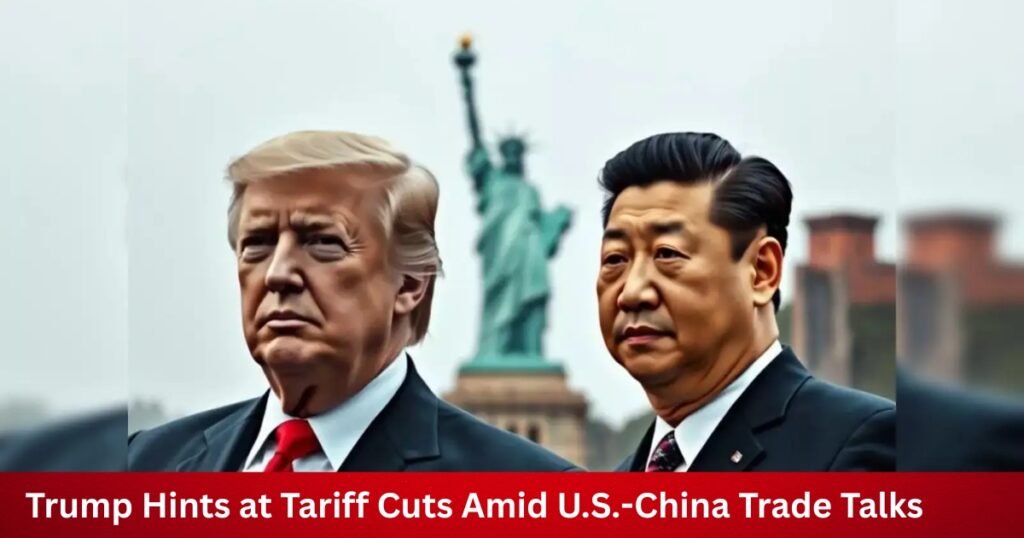
Trump’s comments come as global efforts to ease trade tensions grow. At the same time, several U.S. business leaders support his move, hoping it will lead to better access to Chinese markets. Meanwhile, Beijing has hinted it may adjust tariffs if the U.S. shows more flexibility. This signals a possible improvement in relations ahead of the next trade talks. With both sides showing signs of compromise, the upcoming negotiations could mark a turning point in the ongoing U.S.-China trade dispute.
Potential Tariff Reduction
Trump’s comments have sparked concerns that the U.S. could cut tariffs on Chinese imports by 50–65%. However, some industries like autos might not see any changes. At the same time, Treasury Secretary Scott Bessent pushed back against making cuts on America’s side only. He stressed that both countries must take steps if they want to ease the trade war. He also warned that breaking trade ties hurts everyone and said the current high tariffs can’t last, comparing them to an embargo.
Beijing’s Reaction
China has responded to Trump’s proposed tariffs with a mix of caution and firmness. President Xi Jinping repeated that trade wars hurt all countries and damage the global economy. He also accused the U.S. of trying to disrupt the international trade system. In response, Beijing urged Washington to ease economic pressure to help make a deal possible. Right now, China still charges a 125% tariff on U.S. goods as retaliation. Meanwhile, Xi finished a tour of Asian countries, aiming to build stronger regional ties and limit U.S. influence. As part of this strategy, China also met with the United Arab Emirates to boost two-way investments and expand its global partnerships.
Market Responses
International financial markets reacted positively to news of a possible trade agreement. U.S. stock indices jumped— the S&P 500 rose 1.7%, the Dow Jones gained 1.1%, and the Nasdaq surged 2.5%. At the same time, gold prices dropped sharply and the U.S. dollar strengthened, both signs that investors feel more confident. However, some analysts still urge caution. They believe sudden policy shifts could shake up the markets. Ken Gryphon, CEO of Citadel, pointed out that the ongoing trade conflict is damaging the United States’ global reputation for stability and economic trust.
Outlook
The chance of lower tariffs gives some hope for ending the trade conflict, but the outlook remains uncertain. Both countries say they are open to talks, yet major differences remain. China wants the U.S. to remove tariffs before starting serious negotiations. On the other hand, the U.S. demands that China change key parts of its economic system. The next few weeks will be crucial in showing whether diplomacy can reduce tensions or if the trade war will get worse.
